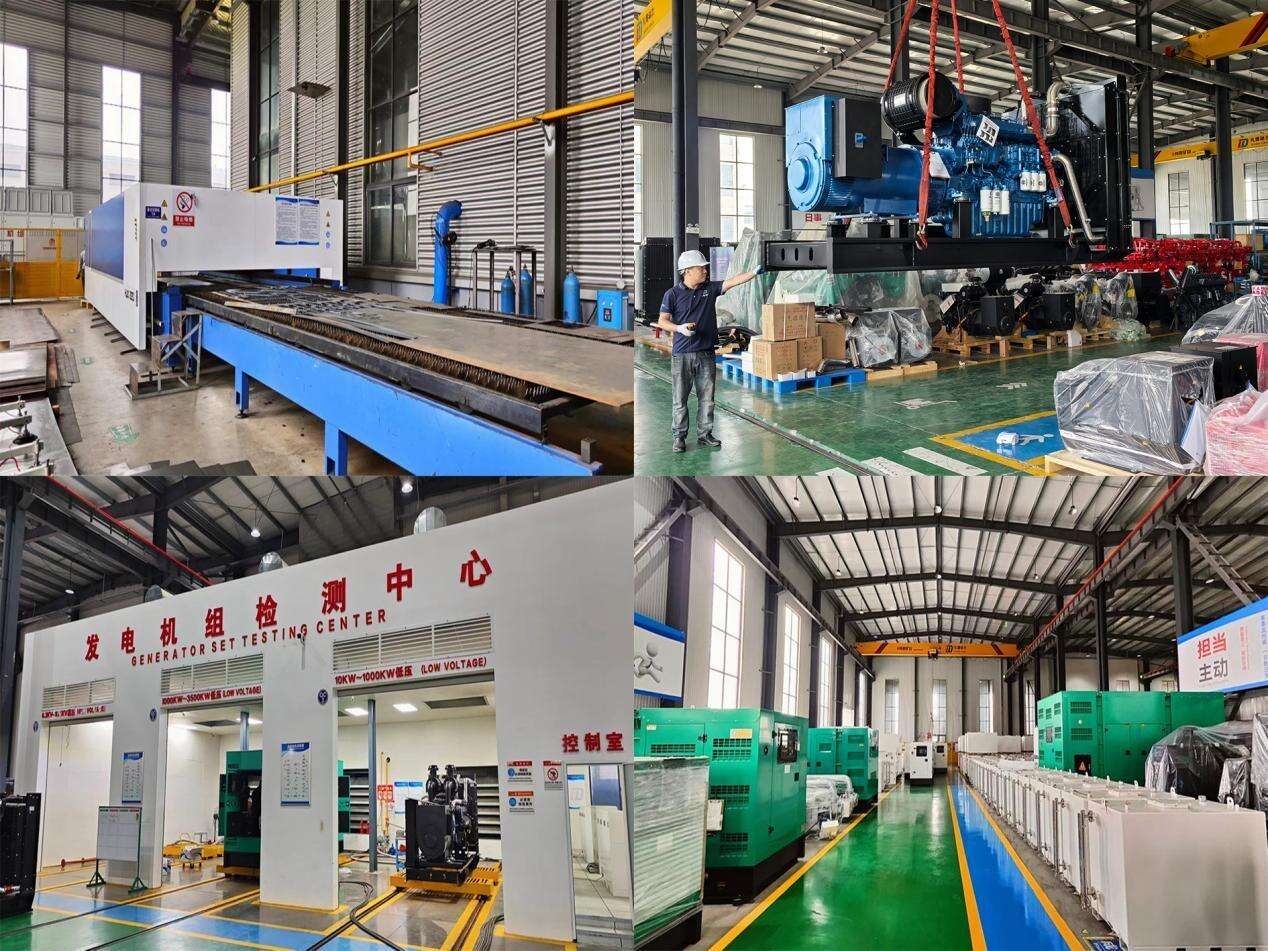Why Are Methanol Generators an Eco-Friendly Choice?
Why Methanol Generators Are an Eco-Friendly Choice Roughly every few months a new environmentally-friendly generator or power tool becomes available or gets updated or issued. One developing solution that many users in the power industry plan to adapt to is the Methanol Generator. The environmental advantages of Methanol Generators are primarily the positive environmental impact of utilizing Methanol fuel which is considerably better than conventional fossil fuels since Methanol can be produced from renewable biomass. A Methanol Generator will provide more power with lower fossil fuel emissions.
The engineering surrounding Methanol Generators fuel systems and the systems as a whole is an additional integral positive. Generators fuel systems are intentionally designed to be corrosion resistant and therefore more Methanol will be used more efficiently in a Methanol Generator than in conventional Methanol burning systems. This innovative system will economically prevent both fuel related and corrosion system failures which are common with fuels that are highly corrosive.
In addition, Methanol burning systems do provide environmentally friendly burning as well. This is particularly valuable to both the environment and to people. This makes the systems valuable, particularly, to businesses where such environmentally friendly systems will facilitate tougher and more environmentally friendly regulations.
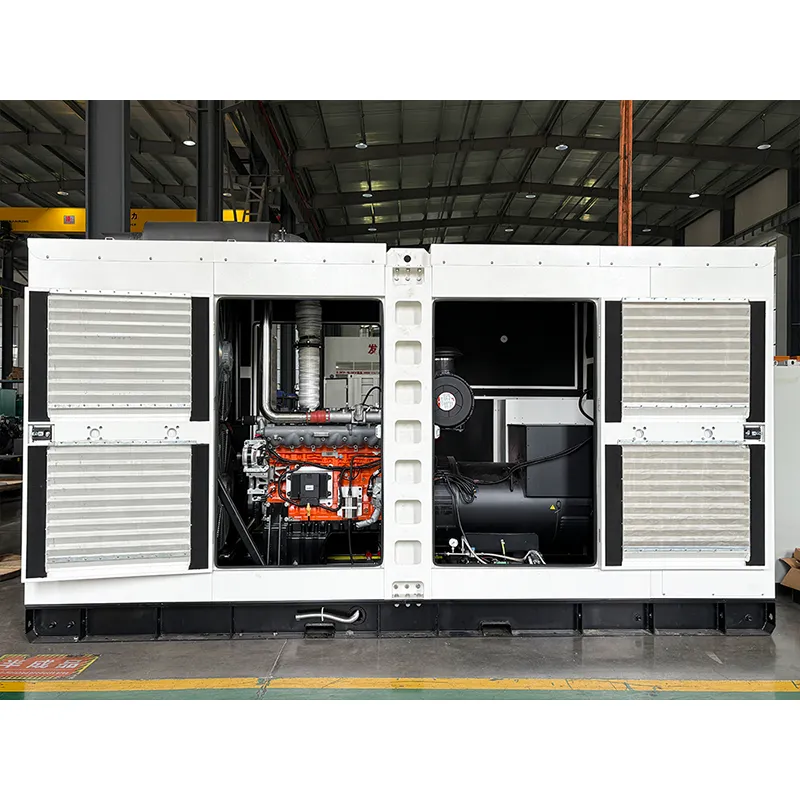
Where Can Methanol Generators Be Used?
Methanol generators provide power in situations where traditional power sources are unavailable. This makes them suitable for remote construction sites, rural communities, and outdoor events. In these situations having an off-grid power generator makes operational management much easier.
Methanol generators can also be used in hybrid renewable energy systems. With the addition of solar or wind generators, energy production becomes more stable and efficient. On cloudy or windless days, methanol generators provide the additional needed energy.
Methanol generators withstand harsh conditions such as extreme heat and freight, high humidity, and dusty conditions. This makes them useful in the mining, agricultural, and petroleum gas industries, where equipment must work in harsh conditions.
Why Is Safe Storage and Handling a Big Plus for Methanol Generators?
With some generators, fuel storage and handling can be a hassle, but with methanol generators, that isn’t the case. When compared to other alternative fuels, methanol is more stable which makes it safer and easier to store. There is no need to worry about violent reactions or the need for specialized high-cost storage facilities.
Fuel handling with methanol is also pretty simple. There are no complex procedures or high-cost handling equipment which lowers the risks of accidents during methanol fuel refilling. The simple procedures save time and effort for companies that need to regularly refuel the generators. There is also a reduction in the training costs because staff will not need extensive training to safely handle methanol.
All of these factors contribute to methanol generators being a logical option for virtually all customers. The confidence in safe fuel handling that methanol provides makes it less stressful for small companies with no dedicated fuel control to large companies that operate multiple generators at the same time.
How Do Methanol Generators Fit Into the Carbon-Neutral Goal?
Businesses and countries have started working toward carbon-neutral goals, and methanol generators help reduce carbon emissions. Methanol fuel replacement for non-renewable fossil fuel reduces carbon emissions. Methanol fuel is produced from renewable biomass and is considered renewable. Overall, this shift non-renewable fossil fuel dependence reduces negative greenhouse gas emissions. This is imperative for achieving carbon neutrality.
In addition, methanol is also considered clean burning and the combustion of methanol reduces harmful emissions. This promotes carbon neutrality and the combustion of methanol reduces atmospheric pollutants and improves air quality. Using methanol generators rather than traditional fuel generators is a great improvement for urban communities plagued with higher population concentration and air pollution. Air quality improves with the replacement of traditional generators.
Replacing decarbonizing operations is positive for greenhouse gas emissions from the sector, and methanol decarbonizing generators are a positive replacement. They do not require huge renovations to be integrated within the existing energy systems of factories, data centers, and public facilities. Methanol generators are a reliable power source for facilities and help reduce the power demand carbon neutrality gap in the facilities.



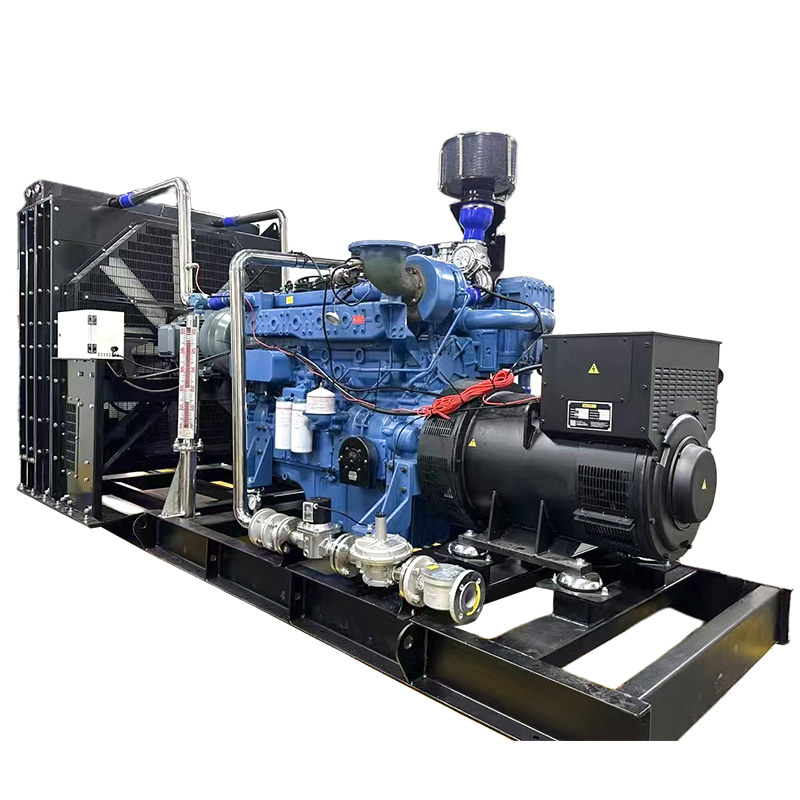
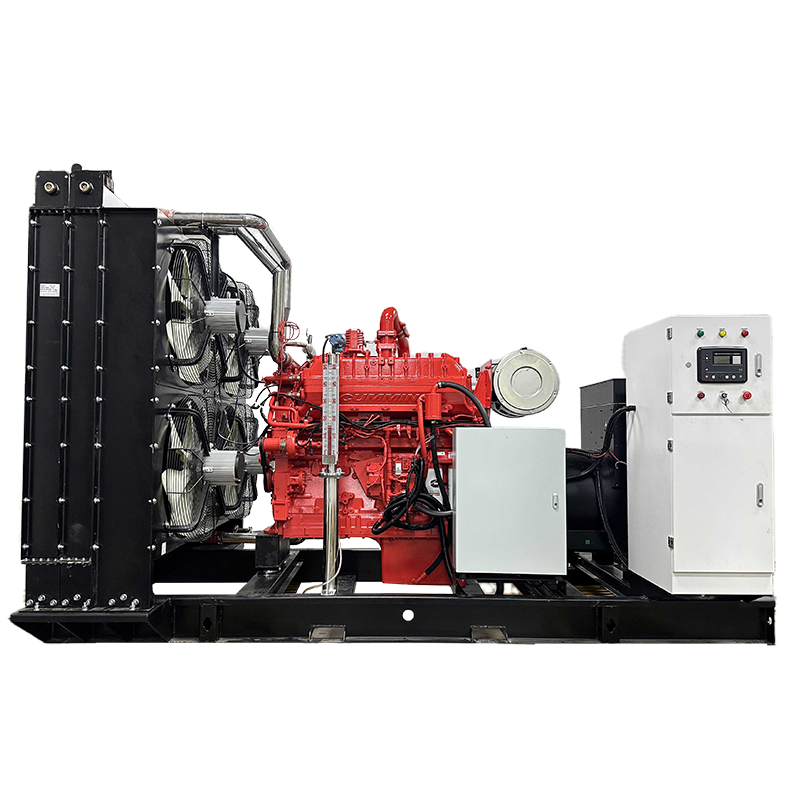
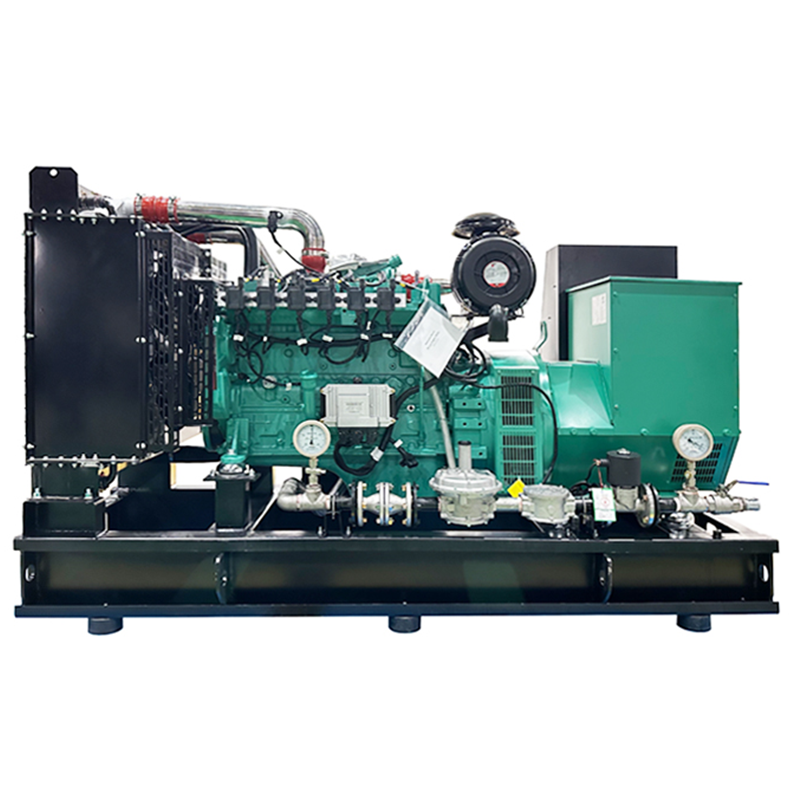
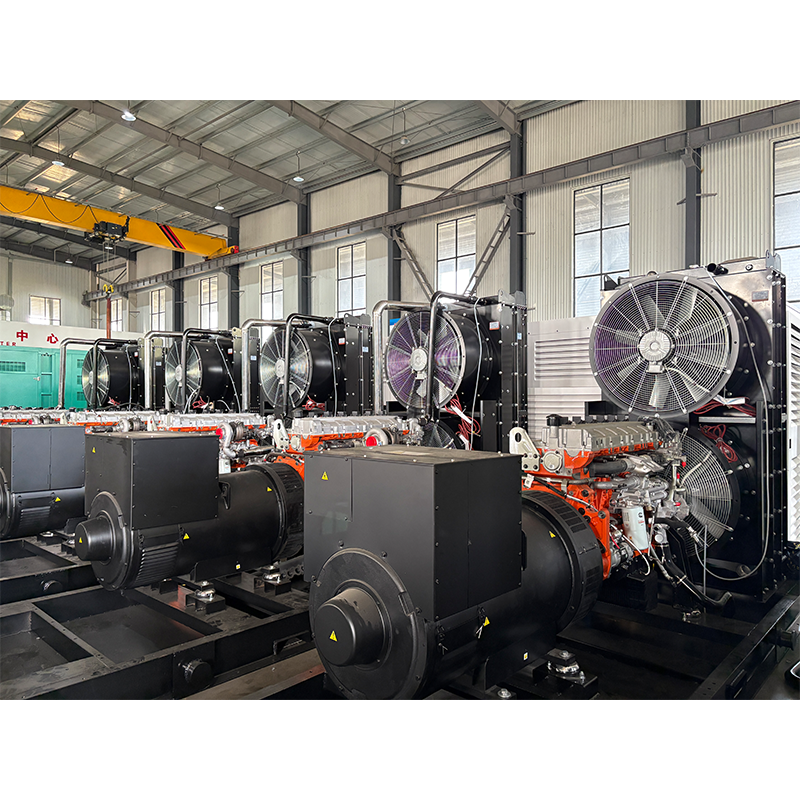
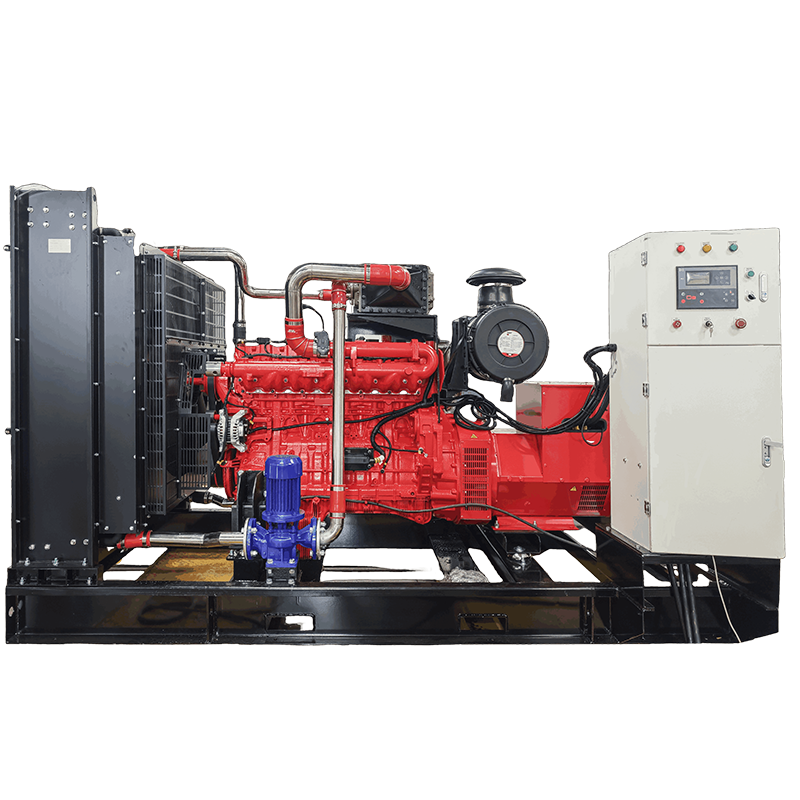
 Hot News
Hot News